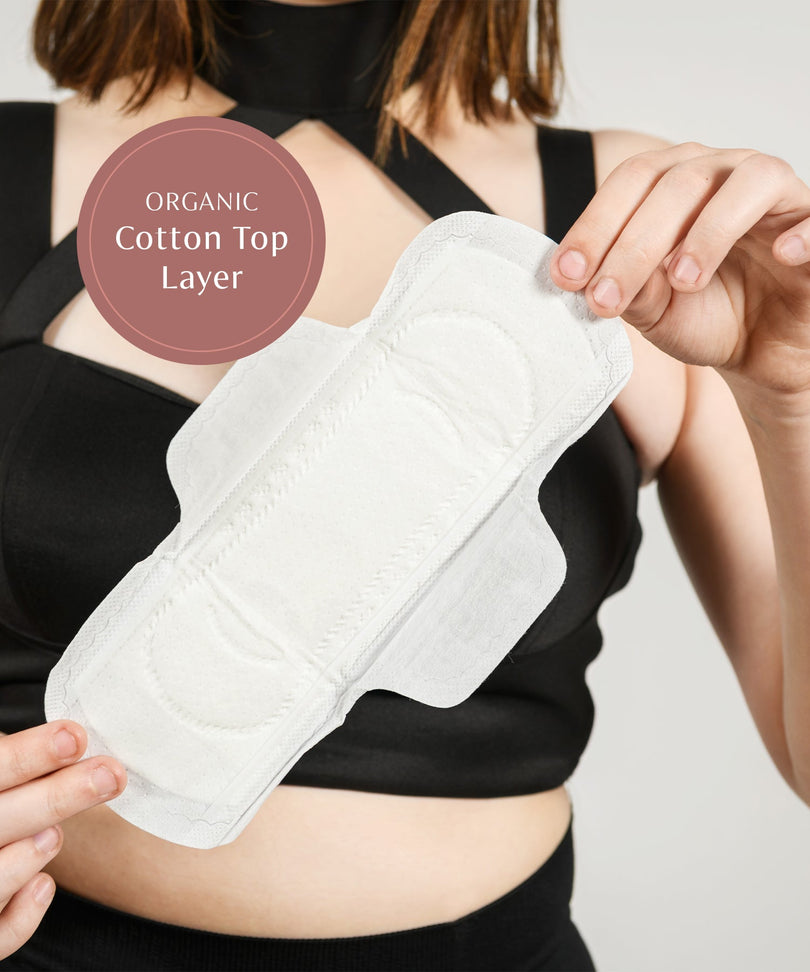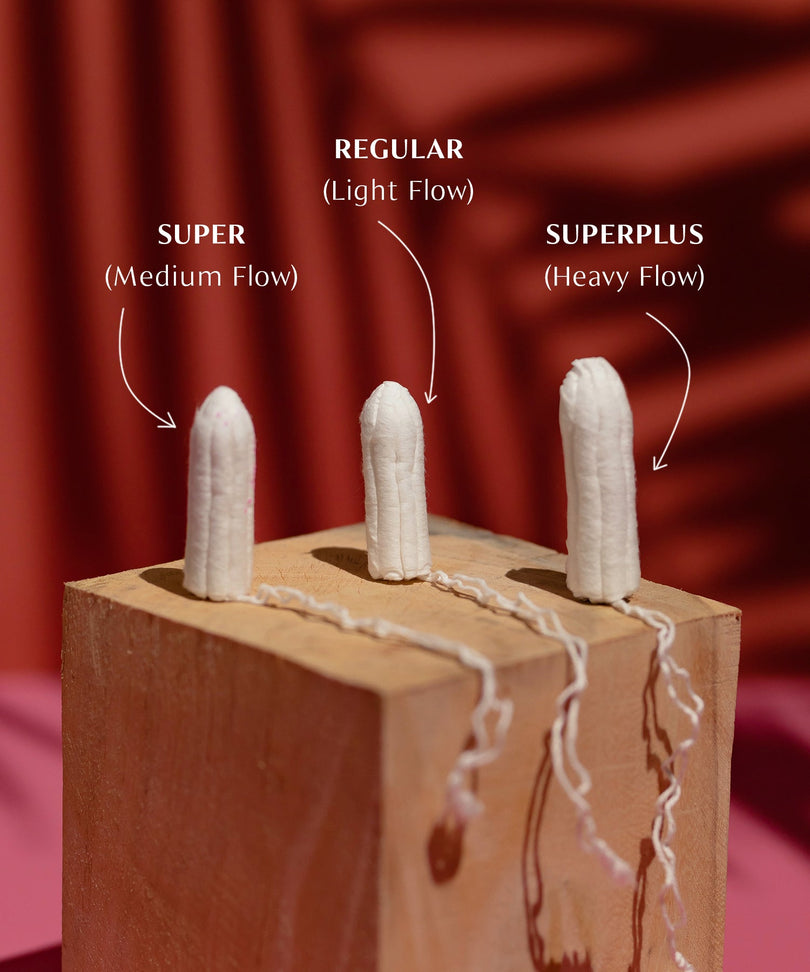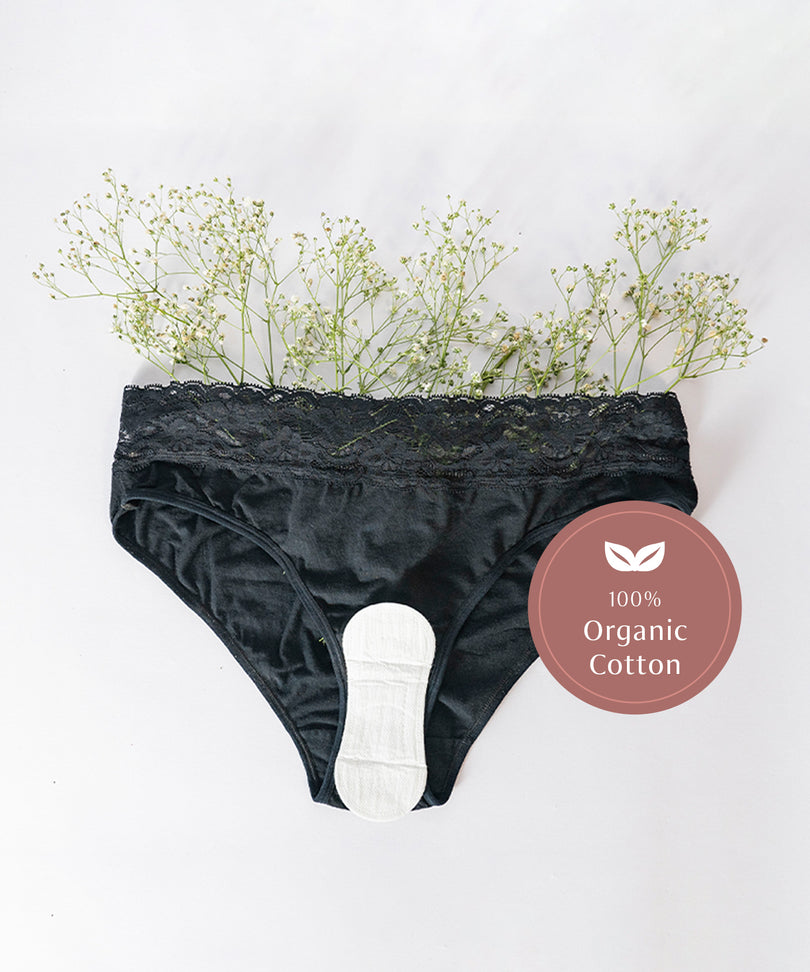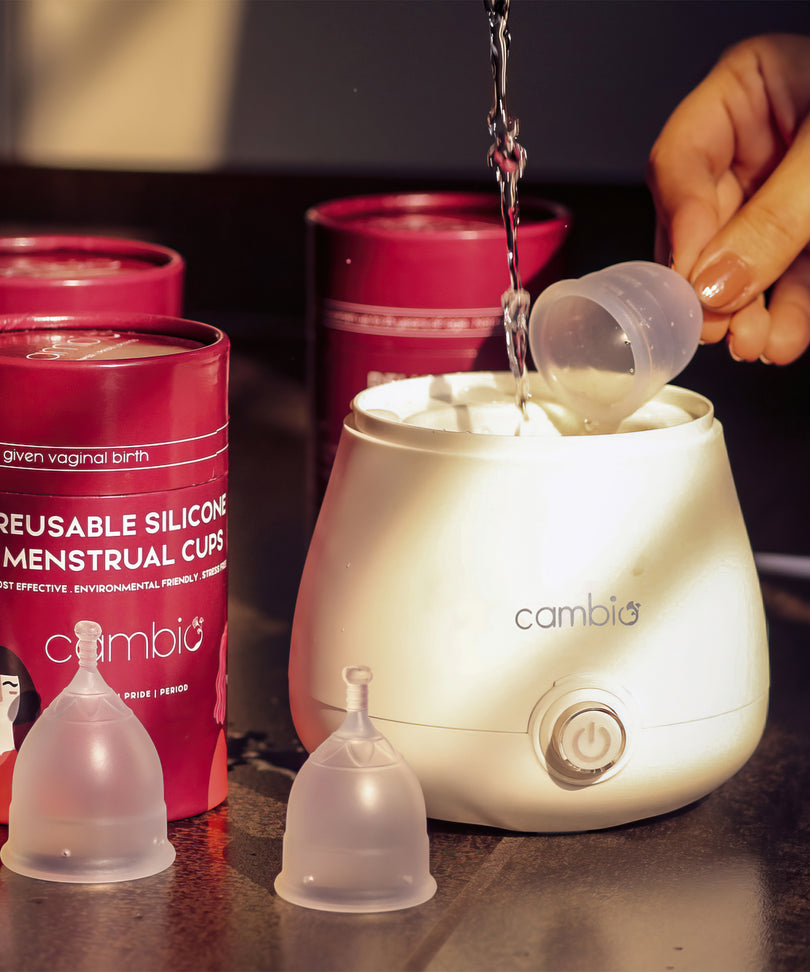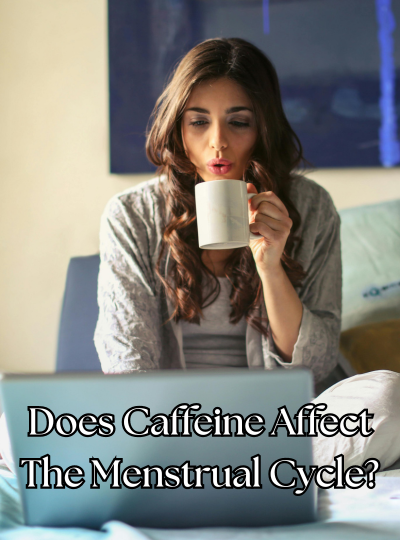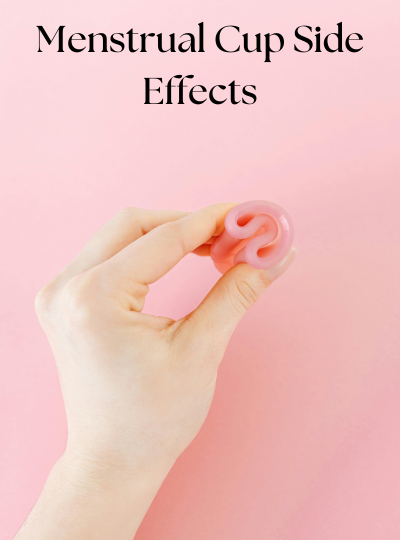Is it OK to drink alcohol during periods?
It is not recommended to consume alcohol during periods. Although some people may experience temporary relief from menstrual symptoms after drinking, the long-term effects of alcohol intake during menstruation can be severe and not worth the risk. Alcohol can disrupt hormone levels, cause inflammation, hinder the absorption of essential vitamins and minerals, and worsen pre-existing health conditions. Furthermore, studies suggest that drinking alcohol during periods can increase the risk of developing breast and gynaecological cancers. Therefore, it is better to be cautious and avoid alcohol during menstruation, as the risks usually outweigh any short-term benefits.
Can alcohol make your period worse?
Yes, alcohol can make your period worse. Heavy alcohol consumption can increase the risk of menstrual irregularities, including heavier bleeding, longer periods, and irregular ovulation. Additionally, alcohol can increase the prevalence of common menstrual symptoms such as cramps, bloating, and mood swings.
Also read - How long does period bloating last?
How does alcohol affect hormones in females?
- Disruption of the menstrual cycle: Alcohol can interfere with estrogen and progesterone hormones, which can lead to changes in the menstrual cycle, such as prolonged periods, missed periods, and irregular ovulation.
- Increased progesterone: Heavy alcohol use can lead to an increase in progesterone levels, which can cause symptoms such as heavier menstrual bleeding and bloating.
How does alcohol affect the menstrual cycle?
According to a research Paper published at the National Library of Medicine, Alcohol disrupts normal menstrual cycling in females. Prolonged excessive consumption of alcohol can also lead to reproductive disorders ranging from irregular menstrual cycles to complete cessation of menses, absence of ovulation (i.e., anovulation), and infertility.
Also read - Why do I lose my appetite during my period?
What are the short-term and long-term effects of alcohol consumption during periods?
How does alcohol impact period pain and cramps?
Heavy alcohol consumption can increase dehydration, which can exacerbate existing menstrual cramps and period pain. According to John Hopkins Medicine, women who drink alcohol during their period are more prone to develop Dysmenorrhea, which is often accompanied by severe cramping and lower back pain.
Can alcohol cause irregular periods?
Yes, alcohol consumption during the menstrual cycle can cause irregular periods, particularly in heavy drinkers. Research has shown that alcohol can interfere with the hormonal signals that regulate menstruation and can cause changes in the length of the menstrual cycle, frequency of periods, and amount of bleeding. This can lead to irregular periods.
Also read - Weight gain during ovulation
Is there a safe or recommended amount of alcohol consumption during periods?
If you have concerns about drinking alcohol during menstruation, it's best to consult a healthcare professional for personalized advice.
What are the benefits of avoiding alcohol during the menstrual cycle?
- Improved menstrual symptoms: Alcohol consumption during menstruation can worsen symptoms such as bloating, cramping, and mood swings. Avoiding alcohol can help to reduce the severity of these symptoms.
- Reduced risk of reproductive health issues: Alcohol consumption during menstruation can increase the risk of reproductive health issues, including endometriosis and uterine fibroids. Avoiding alcohol can help to reduce this risk.
- Balanced hormone levels: Alcohol consumption can interfere with hormone levels, which can impact the menstrual cycle. Avoiding alcohol can help to restore hormone balance and improve reproductive health.
- Overall improved health: Alcohol consumption can have other negative impacts on health, including increased risk of liver damage, high blood pressure, and weight gain. Avoiding alcohol can help to improve overall health.
Read more
Can sanitary pads cause rash/blisters?

